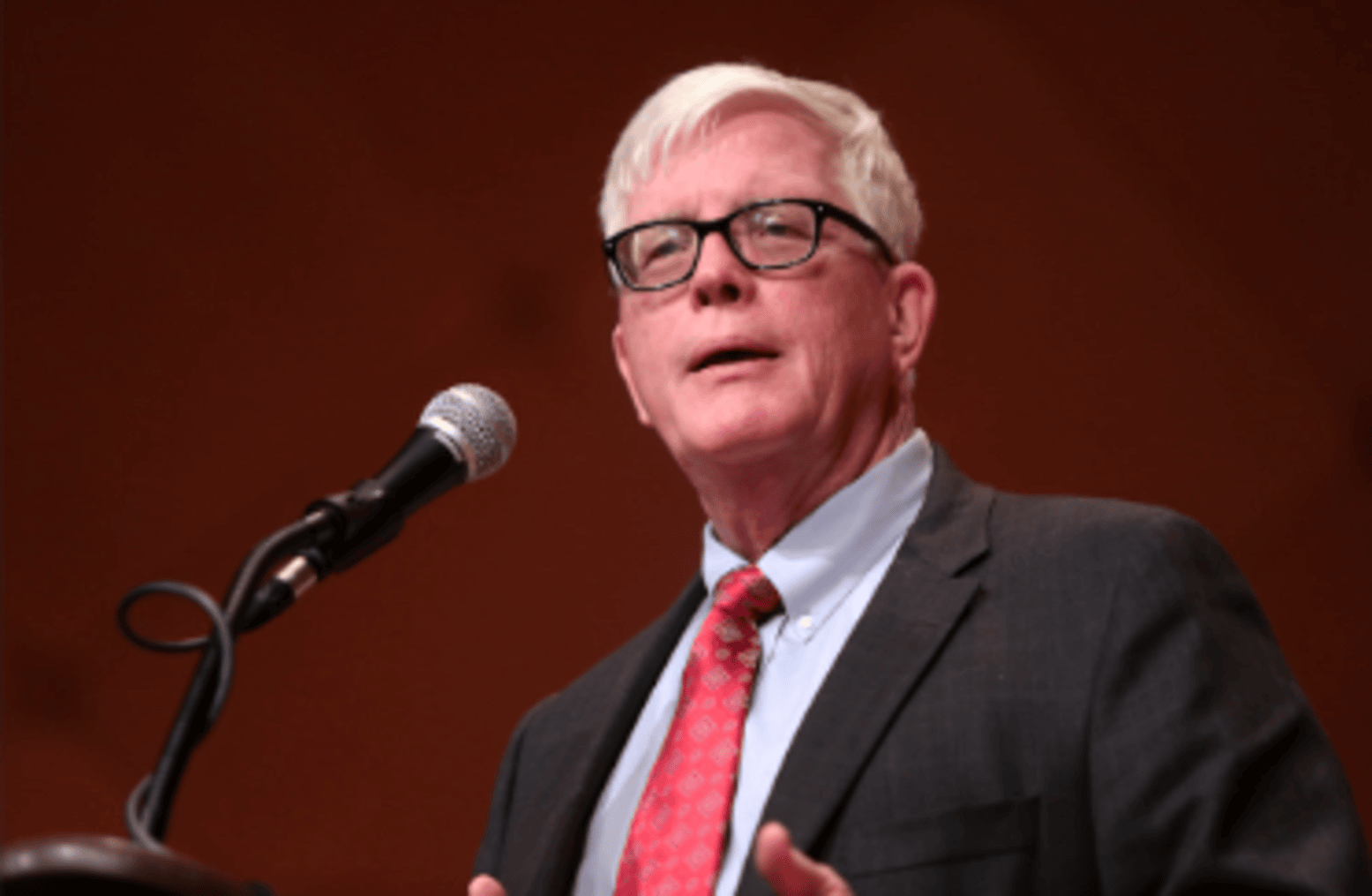In a striking display of political tension, conservative columnist Hugh Hewitt resigned from The Washington Post following a heated live interview on the publication’s “First Look” show. His departure underscores the ongoing polarization within media and the intense emotions surrounding the Trump campaign’s legal battles.
The incident unfolded during a discussion about a lawsuit filed by the Trump campaign in Pennsylvania. The lawsuit, originating from Bucks County, claims that voters submitting mail-in ballots in person were unjustly turned away. This legal action is part of a broader strategy by Trump to contest the election results through various courts across the nation.
During the interview, fellow columnist Ruth Marcus criticized Trump’s approach, stating that he was pursuing “every courtroom he can in America where it’s relevant to make whatever arguments he can, no matter how far-fetched.” This prompted an explosive reaction from Hewitt, who labeled the commentary from Marcus and Jonathan Capehart as “the most unfair election ad.” His frustration culminated in a dramatic walkout, signaling not only his disagreement but also his discontent with the journalistic handling of the Trump narrative.
Hewitt’s resignation highlights a larger issue in political commentary: the struggle for balanced representation of differing viewpoints. In an era where media outlets are often perceived as partisan, this incident serves as a reminder of the challenges faced by journalists and commentators striving for objectivity. The sharp divide in opinion reflects the broader societal rifts that have emerged in recent years, particularly regarding election integrity and the Trump administration.
As discussions around voting rights and election processes continue, the role of media in shaping these narratives becomes increasingly crucial. Critics argue that sensationalism can overshadow nuanced discussions, leading to a more fragmented public discourse. Hewitt’s exit from The Washington Post raises questions about the environment within news organizations and whether they can foster healthy debate amid such intense partisanship.
In conclusion, Hugh Hewitt’s resignation is more than just an isolated incident; it exemplifies the larger challenges facing contemporary media in navigating political discourse. As the landscape continues to evolve, the ability of media outlets to present balanced perspectives will be vital in bridging divides and promoting informed discussions on critical issues facing the nation.



